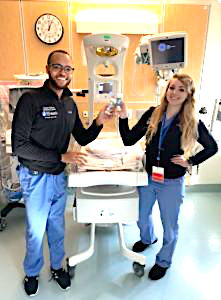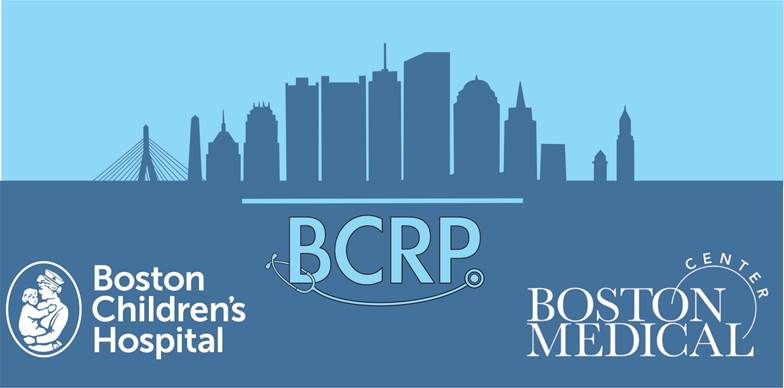Second Year, PGY-2
Expanding skills and stepping into leadership during the junior year

The junior year is a time of growth, challenge, and greater autonomy. With increased exposure to subspecialty and acute care pediatrics, you will take on more complex decision-making and deepen your clinical reasoning skills. This year also marks the beginning of supervisory responsibilities, giving you more opportunities to teach, lead, and shape the learning environment for other trainees.
Caring for higher acuity patients with greater independence: Juniors are the primary residents on several high-acuity subspecialty services at BCH, including Cardiology, Complex Care, Gastroenterology, and Oncology You will have increased autonomy to care for critically ill children in both the BCH and BMC emergency departments, serve as the main responder to neonatal deliveries at BWH, and rotate through one of the three main teams in the BCH Medical-Surgical Intensive Care Unit (MSICU). These experiences build on the foundation of your intern year, helping you become more confident, efficient, and nuanced in your valuations and management of sick children.
Supervisory and supporting your team: As a junior, you will supervise interns on teams such as BCH Pediatric Hospital Medicine (including the Admit team), Hematology, Rheumatology, Pulmonary, and the BMC Ward and NICU. You will also serve as a near-peer mentor and support system for interns in the ED. Many residents find these roles deeply rewarding, as they offer the change to contribute to shaping the wider culture of the BCRP.
Resident–as–Teacher curriculum: Juniors participate in a two-week resident-as-teacher rotation called TEACH (Training Educators at Children’s Hospital). The rotation is focused on developing residents’ supervisory and teaching skills. You are paired with a one-on-one faculty coach, and you will have dedicated time to deliver formal didactics, chalk talks, practice giving feedback, precept medical students, and more. The rotation incorporates the principle of deliberate practice, and residents give talks to one audience at one hospital (BMC or BCH) and receive feedback from their coach and then get to give it again to another audience at the other hospital.
Mental Health Rotation: During a dedicated two-week call-free Mental Health rotation, you will deepen your understanding of pediatric mental health across a range of settings, from outpatient clinics to emergency care. You will work alongside mental health subspecialists and community partners, gaining tools to care for children and adolescents with mental health needs.
Electives and individualized learning: The junior year includes time for electives, including call-free elective blocks. Residents use this time to explore pediatric subspecialties, engage in research, pursue teaching opportunities, or participate in global health, advocacy, and public policy initiatives. Some electives are structured by the residency program, while others are designed individually to support your unique goals.
Expanded opportunities for LEAD residents: LEAD residents have additional flexibility during their junior year, with a half-day every month dedicated to either a second continuity clinic or a longitudinal project focused on urban health, advocacy, global health or public policy.



